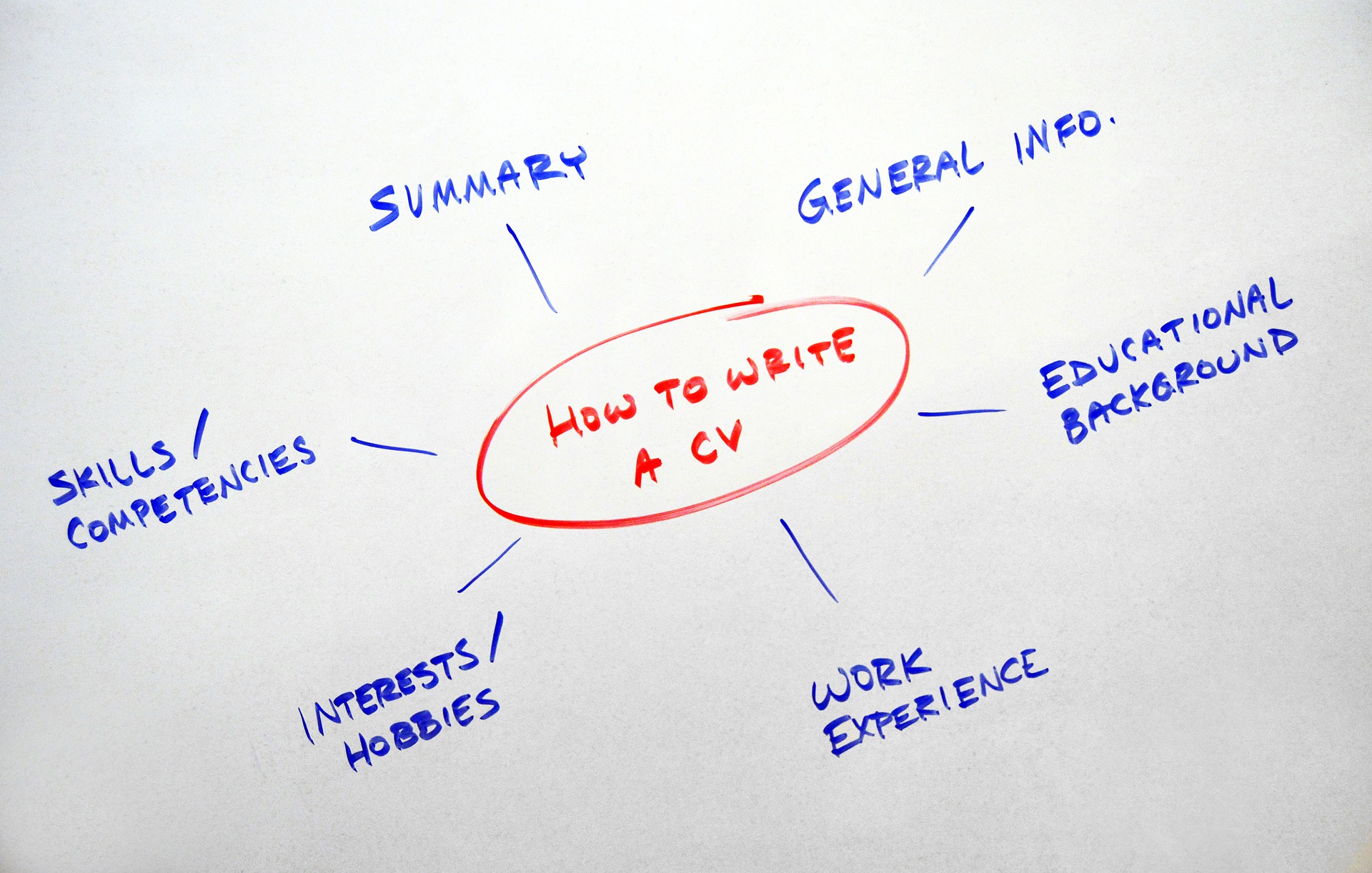Six steps to building the perfect CV

A perfectly written CV is sure to get your foot through the door to interview stage, where you can really shine.
They can be tricky to write, but take your experience and skills and be sure to tailor them to the job you’re applying for. HR recruiters will want to know that you are keen on their particular job – so be sure to write with that in mind.
Here are six key steps to remember:
1. Make use of the space. There’s no right or wrong way to write a CV, but there are some common sections you should cover.
– Work experience – where possible, make each one relevant to the role you’re applying for, listing your achievements and responsibilities.
– Qualifications – as well as your academic qualifications, remember to include your DofE Award!
– Interests – make sure you include your volunteering work here.
2. Keep it simple. Simplicity is key when writing a CV; recruiters don’t have time to read pages and pages.
– Always keep your CV to two pages at most.
– Type so it is easy to read, and use bullet points and a clean and simple font of at least 11 point.
– Remember it is all about your audience – make things easier for them and they’ll respond.
3. It’s all about you. Your personal statement is the very first thing an employer will read on your CV, so it needs to make an impact on them.
– Aim to write one paragraph summarising yourself and your skills, ensuring that these closely match the job criteria.
– The second paragraph should include your experience. Again tailor this to the role.
4. If you’ve got it, flaunt it. You might not have loads of experience, but that doesn’t mean you can’t make the most of what you have.
– Although unpaid, you could include any work experience or voluntary work here, such as your DofE Volunteering section.
– Think about the transferable skills you may have acquired that could be applicable to the role you’re applying for.
5. Boost your chances. You’ll normally have to give references at some stage of the application process. This will enable future employers to not only check that you’ve been honest about your qualifications and work experience, but that you’re also a good employee.
– Normally two will suffice and at least one of them should be a professional reference – typically your most recent employer.
– If you have never worked, give the name of a tutor from school, college or university as a reference, who can provide a character reference.
– Remember to check in advance that the people you have chosen to act as referees are willing to provide a reference if contacted.
6. It’s how you say it. Use of language is extremely important on a CV. Be sure to write in convincing, positive language.
– If they have used certain adjectives to describe the person they’re looking for, be sure to describe yourself as those things in your personal statement.
– Pull out elements of your work and education history and tailor them to the role. Use proactive language to demonstrate that you’re the person that they are looking for.
– Triple check for spelling and grammar mistakes – proofreading your CV over and over again. You could also get a friend or family member to look over it for you.
Are you looking for a new job? Not sure where to start when writing your CV? Take a look at our DofE CV template to help you create a CV that shows off all your DofE skills and experience – helping you stand out from the rest.




